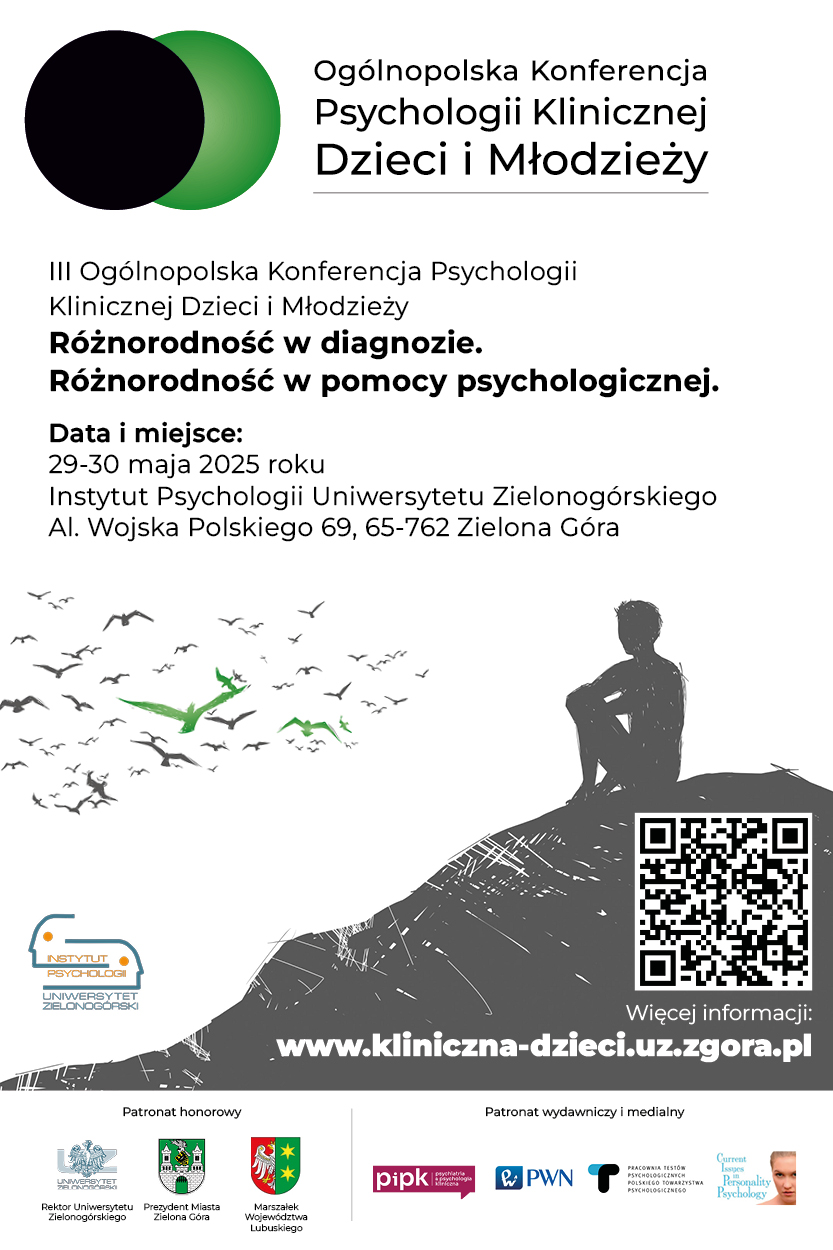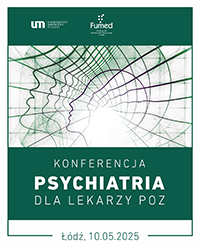Diminished criminal responsibility of alcohol intoxicated homicide offenders according of demographic factors, family rate and alcohol dependence
 Affiliacja i adres do korespondencji
Affiliacja i adres do korespondencjiEthanol intoxication is commonly considered as a risk factor of a criminal offence. This study is an attempt to assess selected demographic data, family situation, and alcohol dependence in homicide offenders or a severe body injury in relation to a judgment of diminished criminal responsibility. The examined group consisted of 90 suspects in the public prosecutor’s investigation. The subjects underwent a six-week forensic psychiatry observation during 2004–2008 at the Forensic Psychiatry Unit in High Security Prison No in Łódź. Analysed retrospectively was the medical documentation collected during the forensic psychiatry observation, including available medical documentation and categorical forensic psychiatry observation opinions issued by two expert psychiatrists. According to the collected materials, it was established that in the performed study none of the offenders who during ethanol intoxication committed a homicide or a severe body injury was acknowledged to be criminally responsible. A greatly diminished criminal responsibility was significantly more frequently evaluated in the case of divorced subjects who were not witnesses to aggression in their families and were not punished with a court verdict. Among the subjects with a greatly diminished criminal responsibility the alcohol dependence was diagnosed much less frequently. Besides, the offenders with a greatly diminished criminal responsibility were older than those with a slightly diminished responsibility and evaluated as criminally responsible.






















